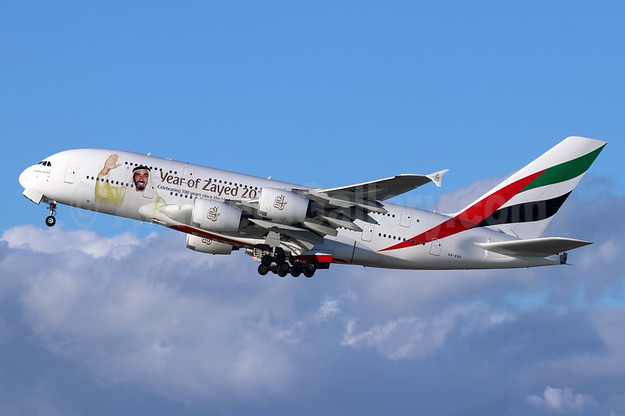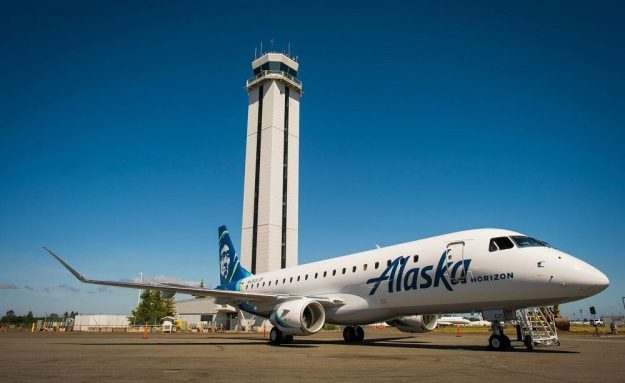
Alaska Airlines pledges to increase its African American female pilots by 2025
February 15, 2019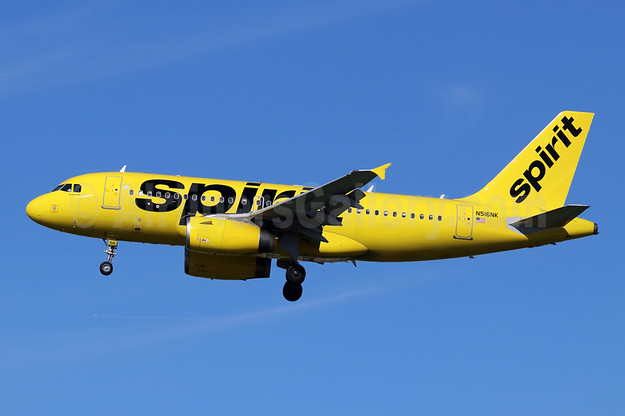
Spirit Airlines is coming to Charlotte
February 16, 2019Airbus has made this announcement:

Following a review of its operations, and in light of developments in aircraft and engine technologies, Emirates is reducing its A380 orderbook from 162 to 123 aircraft. Emirates will take delivery of 14 further A380s over the next two years. As a consequence and given the lack of order backlog with other airlines, Airbus will cease deliveries of the A380 in 2021.
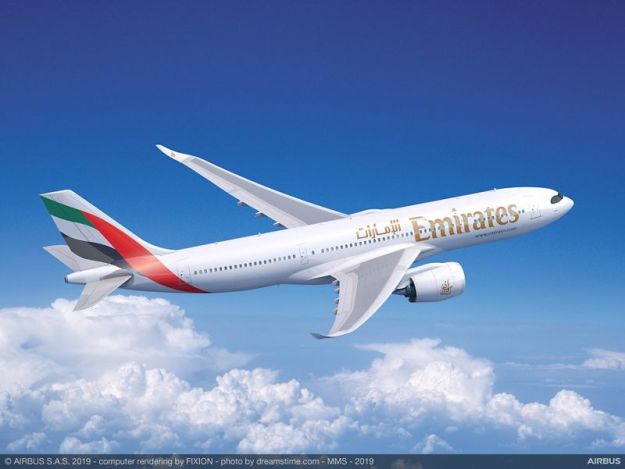
Emirates has also decided to continue growing with Airbus’ newest generation, flexible wide body aircraft, ordering 40 A330-900 (above) and 30 A350-900 aircraft (below).
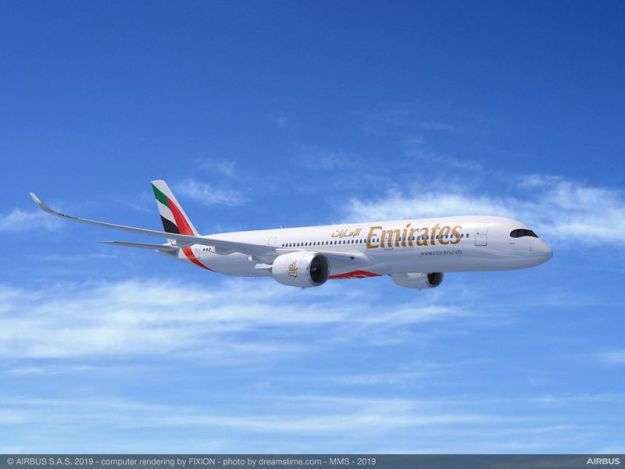
“As a result of this decision we have no substantial A380 backlog and hence no basis to sustain production, despite all our sales efforts with other airlines in recent years. This leads to the end of A380 deliveries in 2021,” said Airbus Chief Executive Officer Tom Enders. “The consequences of this decision are largely embedded in our 2018 full year results”.
Airbus will start discussions with its social partners in the next few weeks regarding the 3,000 to 3,500 positions potentially impacted over the next three years. However, the ongoing A320 ramp-up and the new widebody order from Emirates Airline will offer a significant number of internal mobility opportunities.
In addition, Emirates made this announcement:
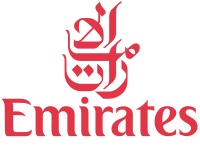
Emirates airline today announced an order for 40 A330-900 aircraft, and 30 A350-900 aircraft, in a heads of agreement signed with Airbus. The deal is worth US$21.4 billion at list prices.
The latest generation Airbus A330neo and A350 aircraft, will be delivered to Emirates starting from 2021 and 2024 respectively.
In addition, Airbus and Emirates reached an agreement on outstanding A380 deliveries. The airline will receive 14 more A380s from 2019 until the end of 2021, taking its total A380 order book to 123 units.
Commenting on the agreement on A380 deliveries, His Highness Sheikh Ahmed bin Saeed Al Maktoum, Chairman and Chief Executive, Emirates Airline and Group, said: “After many months of discussions, we have come to an agreement with Airbus and Rolls-Royce.
“Emirates has been a staunch supporter of the A380 since its very inception. While we are disappointed to have to give up our order, and sad that the program could not be sustained, we accept that this is the reality of the situation. For us, the A380 is a wonderful aircraft loved by our customers and our crew. It is a differentiator for Emirates. We have shown how people can truly fly better on the A380, and Emirates has set the standards for that by introducing customer experiences that are unique to the A380 like our Shower Spas and Onboard Lounge. The A380 will remain a pillar of our fleet well into the 2030s, and as we have always done, Emirates will continue to invest in our onboard product and services so our customers can be assured that the Emirates A380 experience will always be top-notch.
On the decision to purchase A330neos and A350s, HH Sheikh Ahmed said: “Emirates’ fleet strategy to operate a young, modern, and efficient all-wide body fleet remains unchanged. The 40 A330neos and 30 A350s that we are ordering today will complement Emirates’ fleet mix, support our network growth, and give us more flexibility to better serve seasonal or opportunistic demand. Both the A330neos and A350s will play an important role in our future fleet and network plans.”
The A330neos will be deployed on Emirates’ regional destinations, and also enable the airline to serve smaller airports and thereby open new routes and connectivity for its global network. The A350s will supplement Emirates’ long-haul operations, providing the carrier with added flexibility in terms of capacity deployment on 8 to 12 hour missions from its Dubai hub.


